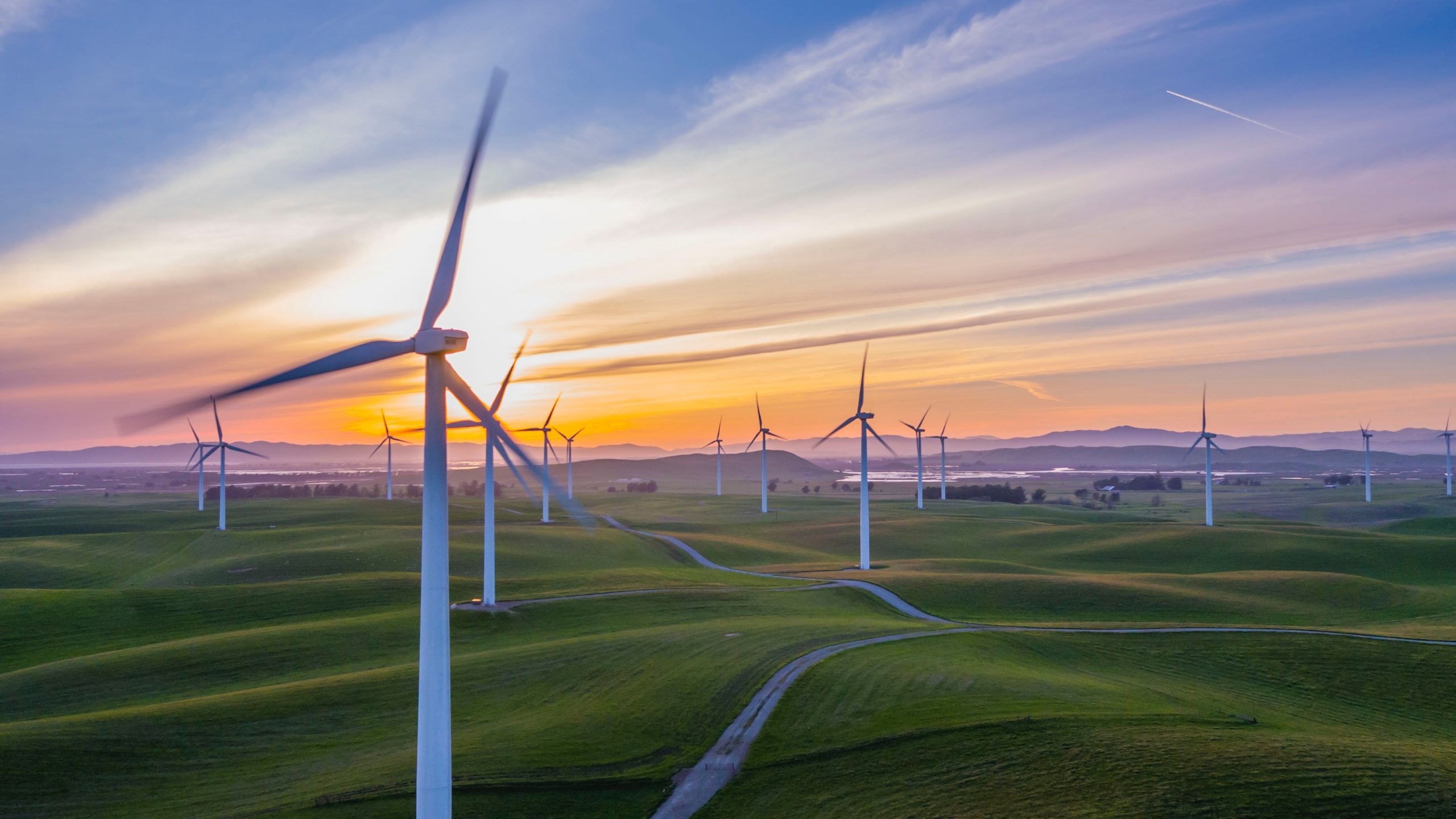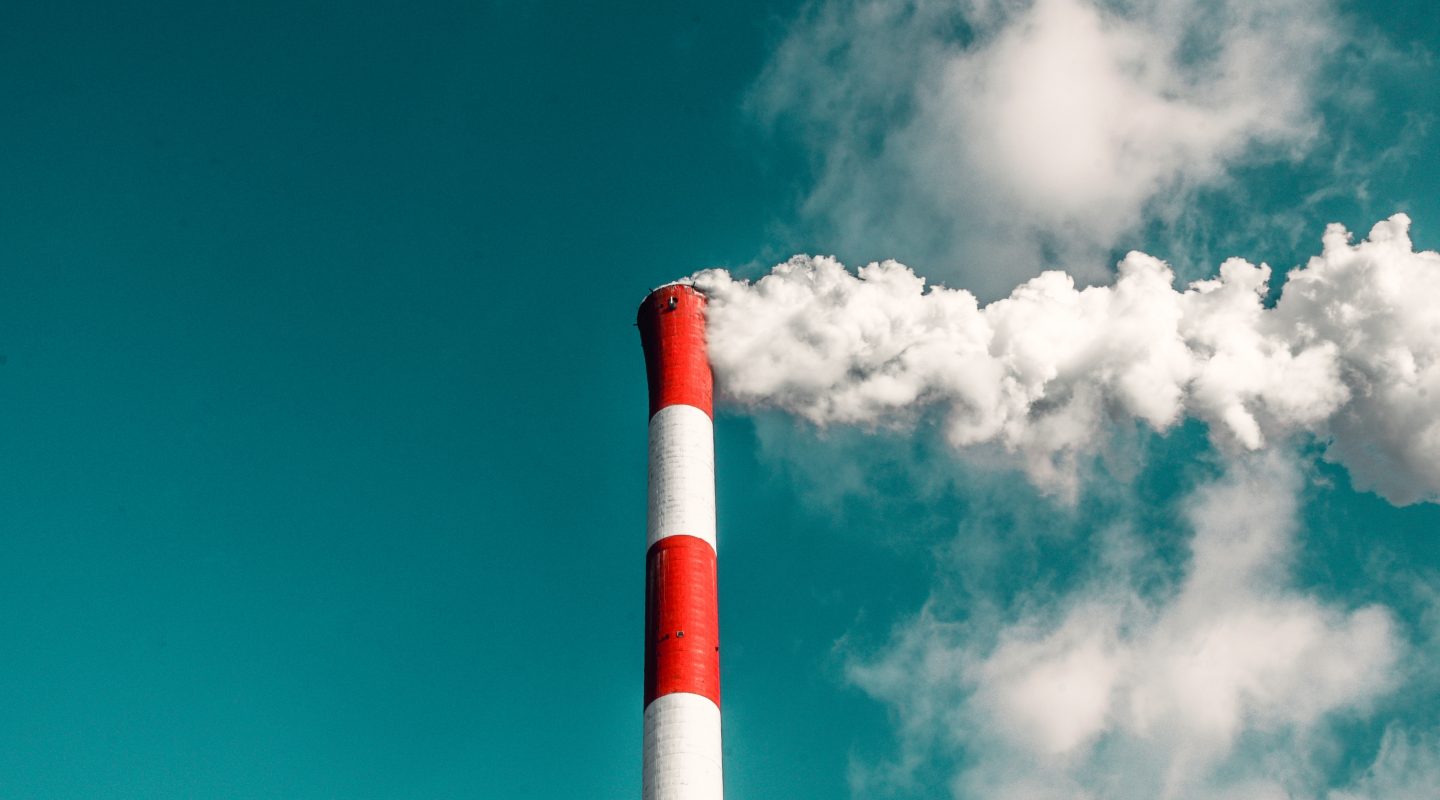Why we need supportive cleantech innovation ecosystems now more than ever
2020 has not only been a year of battling against the coronacrisis, the urgency of solving the challenges of the climate crisis has become even more pressing. This year we experienced the hottest summer that the Northern Hemisphere has ever endured on record[1], while the Arctic sea ice is melting at a faster rate than almost all climate models predicted[2]. It is clear that we need cleantech entrepreneurs now more than ever to come up with sustainable innovations to reduce our carbon footprint and save the planet from further environmental degradation.
What is cleantech?
Cleantech embodies a new wave of entrepreneurial activity and innovation aiming to create a more sustainable economic system. On top of environmental technologies, Cleantech also represents companies that produce productivity and efficiency enhancing goods and services.[3] According to Clean Tech Delta, cleantech activities can be found within the following categories: clean energy, energy storage, energy efficiency, mobility, air & environment, clean industry, water and food.
There is no doubt that we need cleantech solutions to realise our ambitious goals towards a circular economy. However, there seems to be some structural barriers in place preventing cleantech entrepreneurs to bring their innovations to market.[4] There is quantitative and qualitative evidence that the European Union (EU) has successfully driven growth and competitiveness in cleantech by creating business opportunities, yet not enough has been done to seriously disrupt linear business models and practices within its borders.[5]

A supportive cleantech innovation ecosystem is key to drive a circular economy
There are stark differences in the various activities of different countries within the EU, contributing to a diverse landscape of cleantech innovation ecosystems across the continent. Although the Netherlands scores well when it comes to its innovation ecosystem in general[6], the country falls behind in its share of energy from renewable resources[7]. Nevertheless, the Netherlands has recently moved in to the spotlight for the ‘Race to Zero’ when it comes to electric vehicles. With the world’s fastest-growing electric charging network and the highest density of charging points in Europe[8], the Netherlands is pushing the agenda of the cleantech ecosystem to the forefront. However, to accelerate this agenda and to strengthen the rapidly evolving cleantech innovation ecosystem, there is a need to support the scaling up of cleantech solutions.
Cleantech startups need more support to scale up
The ScaleUp Dashboard 2020 shows that scaleups focusing on solutions to accelerate the energy transition are gaining momentum in the Dutch economy. However, only a select few made it to the Top250 scaleups of 2020. Only 9 scaleups are predominantly active in the Energy sector, while 4 are indirectly involved in the Environmental sector. 6 out of the 10 Transportation sector Top250 scaleups offer circular solutions, while only 1 scaleup offers AgriTech out of 33 Enterprise Software scaleups. So how can we ensure that cleantech scaleups can realise their ambitious goals to tackle climate change and create environmental impact?
Based on the insights discovered through a recent study[9], most industries are still in a linear mindset with many governmental regulations still in favour of the more traditional and non-circular business models. This makes it more difficult for cleantech entrepreneurs to scale up their startups in an environment that is costly to implement their circular solutions. On top of this, cleantech solutions are often highly capital-intensive and as a result, face difficulties when accessing (venture) capital. Developing cleantech solutions is therefore inherently risky, requiring support instruments that span over an longer period of time. There is a need for (local) governments to step in to solve such inefficiencies of a risk-adverse funding landscape to push the cleantech agenda forward.
Cleantech calls for a shift in business model at all levels of the ecosystem
It is clear that the cleantech ecosystem requires an entire shift in business model. It is not enough on the micro level for companies to adopt more sustainable solutions, but all stakeholders across the entire meso and macro levels have a role to play. The market for cleantech is rapidly developing, with the pace of energy transition speeding up and innovative solutions gaining momentum. In order to tackle the world’s most pressing environmental challenges, the question we are left with now is whether governmental regulations and the financial landscape can catch up to the speed of cleantech market development.
Curious about the (cleantech) startups and scaleups in your region? Monitor your startups and scaleups and how they make use of the innovation ecosystem! Contact our research team: research@ece.nl and check out our research: https://ece.nl/research/
[1] According to the National Oceanic and Atmospheric Administration (NOAA), June, July and August of 2020 created the hottest summer ever recorded in the Northern hemisphere. https://www.dailymail.co.uk/sciencetech/article-8735903/Northern-Hemisphere-endured-hottest-summer-recorded.html
[2] https://www.weforum.org/agenda/2020/08/arctic-sea-ice-global-warming-climate-change-predictions/
[3] O’rourke, A. R. (2009). The emergence of cleantech. Yale University.
[4] https://www.weforum.org/agenda/2019/08/cleantech-innovation-is-being-stifled-heres-how-to-unlock-it/
[5] Friant, M. C., Vermeulen, W. J., & Salomone, R. (2020). Analysing European Union circular economy policies: words versus actions. Sustainable Production and Consumption.
[6] Ranking 5th in the Global Innovation Index by the World Intellectual Property Organization.
[7] By scoring the lowest out of all EU Member states in 2018 (in percentage of gross final energy production): https://ec.europa.eu/eurostat/statistics-explained/index.php/Renewable_energy_statistics
[8] Stientje van Veldhoven (Minister for the Environment, Ministry of Infrastructure and Water Management of the Netherlands) at Race to Zero Dialogues (11 November 2020).
[9] An in-depth investigation for Gemeente Rotterdam of the cleantech innovation ecosystems of Rotterdam/South-Holland and Flanders was recently conducted by Erasmus Centre for Entrepreneurship in collaboration with Rotterdam School of Management, Erasmus University.
